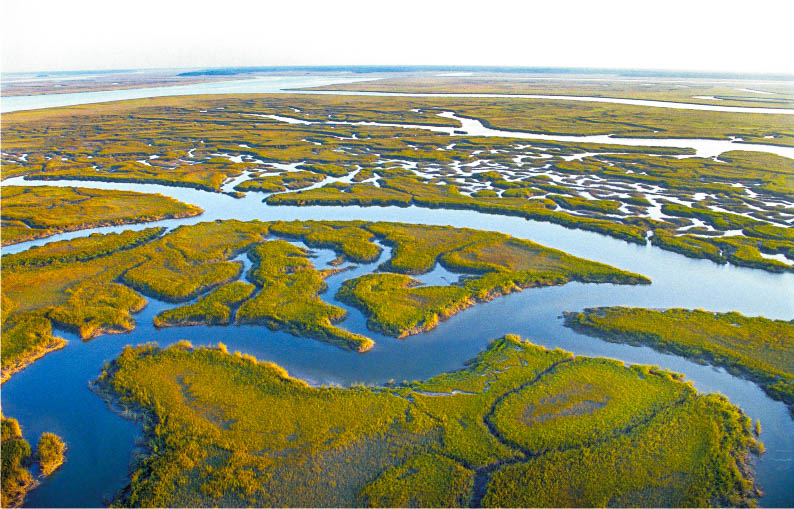
by Bill Schlesinger
It’s time for the Supreme Court to stop issuing broad rulings that affect scientific questions. In its recent decision on Sackett v the Environmental Protection Agency, the Court used the grievance of an individual landowner who felt wronged by the EPA to issue a ruling that effectively eliminated Federal wetland protection for half of the remaining freshwater wetlands in the United States. Delineation of wetlands and their importance in certain watersheds are scientific questions, which should be examined in individual cases, not through broad judicial rulings.
Having lost about 40% of its native wetland area since 1700, the United States is in dire need for protection for its remaining wetlands. Wetlands provide important wildlife habitat, which should concern all who enjoy hunting and fishing across the U.S. Wetlands provide water storage that reduces the impacts of downstream flooding. And wetlands are areas of water storage and groundwater recharge. Importantly, wetlands, once lost, are gone forever.
With broad interpretation of the recent Supreme Court ruling, many wetlands can now be filled without a permit. And waters can be diverted or contaminated as long as they are not connected to larger water-bodies that are navigable. Land developers, mining companies, and farmers may be unencumbered by the ruling, but the rest of us will see a diminished quality of life.
Wetland protection will now revert to state law, which will be uneven across the country. However, responding to local observations, scientists can tell us when destruction of a particular wetland will be harmful to its watershed. I guess I’d rather have local insight rather than a group of nine lawyers sitting in D.C., no matter how distinguished their jurisprudence.
References
Fluet-Chouinard, E. and 20 others. 2023. Extensive global wetland loss over the past three centuries. Nature 614: 281-286.